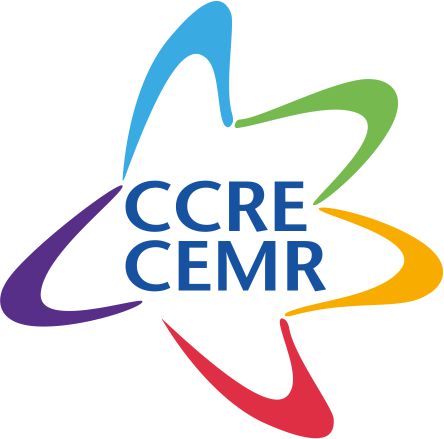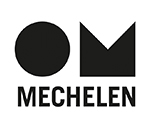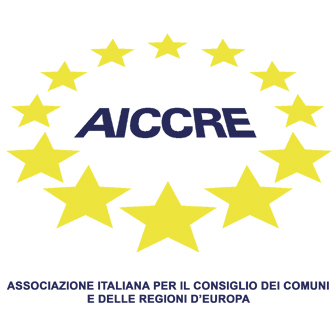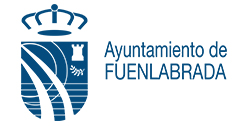BACKGROUND
Over the past decade, thousands of migrants and asylum seekers have come to Europe fleeing instability in their own countries in search of a better life Although migration policy is primarily a national competence, local and regional authorities play a paramount role in facilitating migrant integration on the ground, particularly by providing housing, trainings and opportunities for dialogue with the host community. Creating inclusive cities for migrants and refugees presents a challenge for local communities, especially in unexperienced small and medium-sized cities with limited human resources and access to funding.
The Council of European Municipalities and Regions (CEMR) and national associations of local and regional governments have long been drawing attention to these local-level integration needs. To bridge this gap, we have together with eight cities and eight national associations set up INCLUCITIES, a three-year project led by CEMR and funded by the Asylum, Migration and Integration Fund (AMIF) of the European Union.


OBJECTIVES
IncluCities aims at improving the integration of Third-country Nationals by
• Facilitating the exchange of knowledge between 4 mentors and 4 mentee middle-sized cities and their accompanying associations of local and regional governments in order to improve integration practices.
• Enhancing capacities of medium-sized cities and associations of local and regional governments to better deliver policies on integration.
• Strengthening the role of national associations as key actors reinforcing coordination between levels of government, and fostering knowledge exchange.

CONCEPT

IncluCities supports less experienced cities in carrying out concrete changes in local integration practices. The project is based on four mentoring schemes, which will cover various areas.
Cities (accompanied by associations of local and regional government) are paired in groups of two, in which one city acts as a mentor and the other city as a mentee.
Associations of local and regional governments play a pivotal role in this process by disseminating good practices from cities to the rest of their network. Furthermore, they represent local and regional governments vis-à-vis central governments.
METHOD
The strength of the IncluCities lies in combining concrete solutions and lessons learned from the cities for potential global implications. By scaling-up what works well, we aim to influence EU policies on integration that would better respond to the local needs. We support city-to-city cooperation by establishing mentoring processes to improve integration practices in less experienced cities. Concrete action plans follow the goals set by EU – wide benchmarks.
By defining good practices and benchmarks (such as migrant children’s access to school) and identifying key factors necessary to achieve them (such as enough financial resources), IncluCities helps cities develop action plans for the four cities with less experience.
Cities are paired in groups of 2, as mentors and mentees, with Migration Work acting as the facilitator.

EXPECTED OUTCOMES
Improved long-term integration of third-country nationals in intermediary cities
Improved transnational cooperation between cities and associations of local and regional governments
Increased capacities of cities and associations of local and regional governments
PARTNERS More
Our partners are national associations of local and regional governments with their accompanying cities
About CEMR
The Council of European Municipalities and Regions (CEMR) is the oldest and broadest European association of local and regional governments. We are the only organisation that brings together the national associations of local and regional governments from 41 European countries and represents, through them, all levels of territories – local, intermediate and regional.

About Migration Work
MigrationWork is a not-for-profit consultancy helping communities, practitioners & policy-makers to respond to migration in ways that move towards integration. Our work is Europe-wide and is independent, evidencebased and draws on our teams’ combined track record of working with migration processes, its policy context and its practical challenges.

















